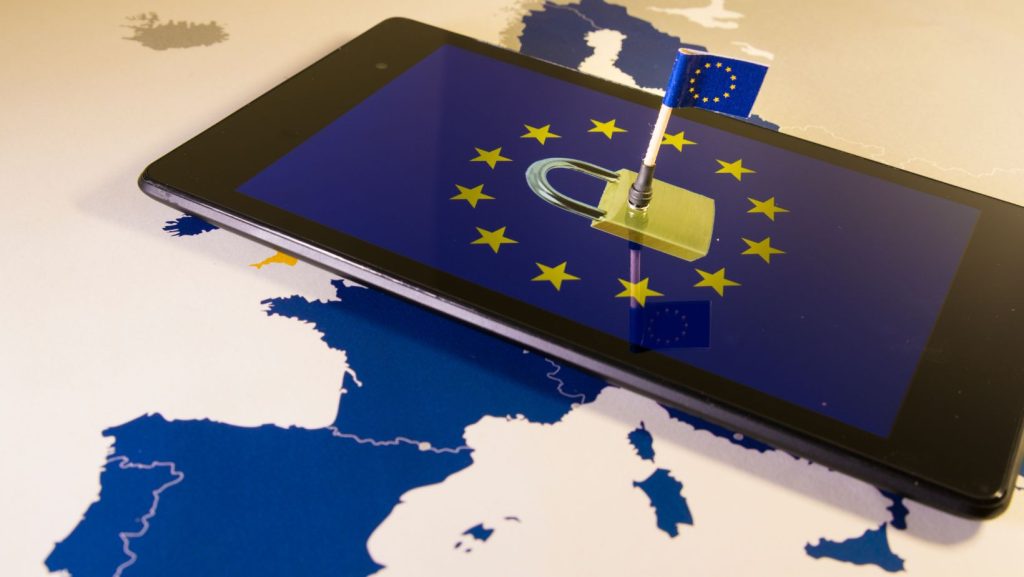1. AI on the Rise
Germany is launching a major AI offensive, aiming for 10 % of its economic output to come from AI-driven technologies by 2030. Ambitious plans include building large-scale AI processing centers across the EU and advancing quantum computing, with an aim to deploy error-corrected quantum computers by the end of the decade (Reuters).
2. Infrastructure Upgrades: 5G & Fiber
By the end of 2025, Germany targets 90 % 5G coverage and expanding fiber-optic access nationwide. This is essential not just for high-speed mobile access, but also to support AI, IoT, smart cities, and enterprise networks (Telekom).
3. Public Sector Digitalization
Germany has enacted the Onlinezugangsgesetz 2.0 (OZG 2.0), committing to end-to-end digital public services by 2028 — including a unified DeutschlandID for citizens and businesses (Wikipedia). However, experts caution that actual implementation still lags behind, and improving digital efficiency, particularly in government, remains critical (DIE WELT).
4. Cybersecurity & 5G Standards
Strong emphasis is being placed on securing the digital infrastructure. Germany has implemented the 5G Cybersecurity Toolbox and continues rolling out IPv6 support, reflecting growing awareness of digital resilience (wp.table.media).
5. Workforce Challenges & Digital Skills
Despite tech investment, Germany faces a significant skills shortage. A new study estimates that by 2028 up to 768,000 jobs could remain unfilled — a direct result of demographic shifts and underinvestment in vocational training (DIE WELT).
6. Digital Strategy & Market Growth
Germany ranks moderately on the Digital Decade Index, with a score of roughly 55.9/100 in 2025 — well ahead of 2023 (Kompetenzzentrum Öffentliche IT (ÖFIT)). Meanwhile, the digital transformation market is estimated at US$54 billion in 2025, growing at over 10 % per year through 2030 (Mordor Intelligence). Key sectors include Industry 4.0, cloud, IoT, and cybersecurity.
🌐 Conclusion
Germany is making substantial strides in its digital transition by investing in:
- AI and quantum technologies
- 5G and fiber expansion
- Digital public administration
- Cybersecurity frameworks
- Accelerating its digital economy, while addressing persistent skills shortages
These initiatives lay the groundwork for a more competitive, secure, and digitally enabled economy — but success will depend on closing the talent gap and speeding up public sector reforms.



